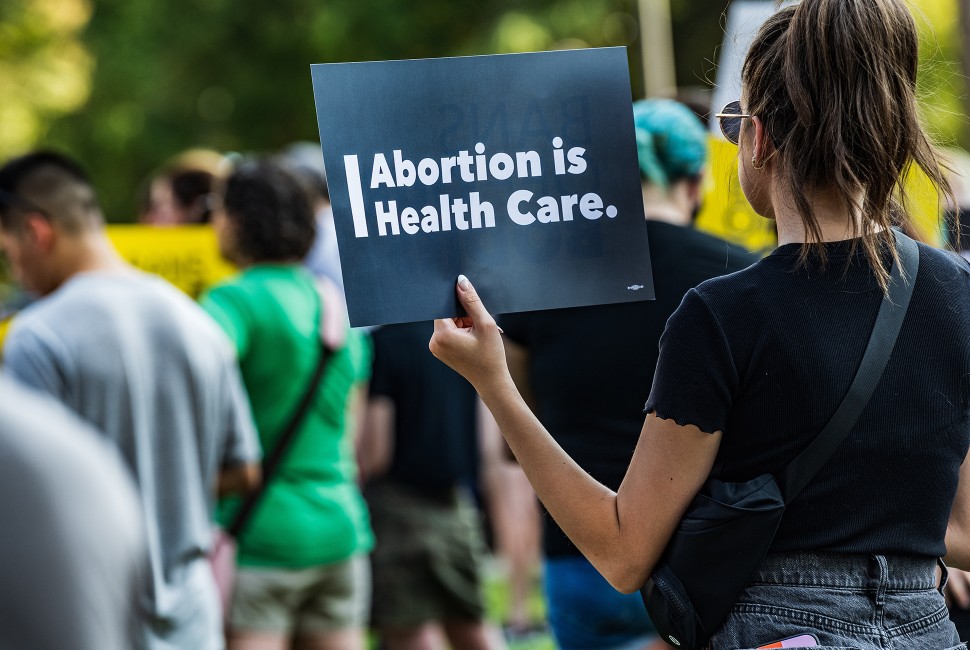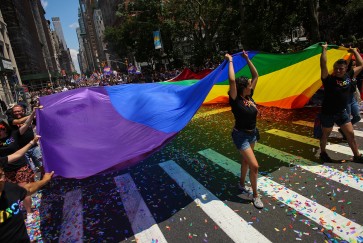On June 24, 2022, the U.S. Supreme Court issued its ruling in Dobbs v. Jackson Women’s Health Organization, which effectively overturned Roe v. Wade. Since then, what has been the impact on health care? How has the decision been felt in the domains of law and politics, among others?
Northwestern Now spoke with several Northwestern faculty experts to get a variety of perspectives on the issue.
Those who are most vulnerable
“Dobbs has ushered in a period of extraordinary chaos, legal uncertainty and suffering, particularly for pregnant women who are most vulnerable,” said Deborah Tuerkheimer, the Class of 1967 James B. Haddad Professor of Law at Northwestern University Pritzker School of Law.
“The picture varies dramatically across the states and legislative efforts run the gamut from extreme abortion bans to laws that protect access to reproductive health care. Many of these battles are playing out in court, others in legislative arenas and still others through ballot initiatives. All the while, at the national level, opponents of abortion are aggressively seeking to curtail a right to abortion.”
Tuerkheimer is an expert on criminal law, evidence and feminist legal theory and the author of “Credible: Why We Doubt Accusers and Protect Abusers.”
Dilemma for Republican candidates
“The Dobbs decision has changed the electoral landscape in fundamental ways,” said James Druckman, the Payson S. Wild Professor of Political Science at the Weinberg College of Arts and Sciences. “It has created a conundrum for many Republican candidates whose donors and primary election voters may support restrictions even though it appears to be a losing strategy in most general elections.”
Druckman is an expert on preference formation and political communication, including the polarization of American society. He is the co-author of national surveys about Dobbs’ impact on Americans’ support for abortion access and likelihood of voting.
Are we all equal?
“The one-year anniversary of the overturning of Roe represents an important reminder that, despite a Declaration of Independence that holds truths that we are all equal, equality is a further reality for some of us than others,” said Dr. Melissa Simon, vice chair for research in the department of obstetrics and gynecology at the Feinberg School of Medicine.
“Those of us who can become pregnant still do not have autonomy over our health decisions. And politicians and Supreme Court Justices who are not trained in medicine hold more decision-making capacity over our health than we possess. This ruling did not reduce the number of abortions, nor did it make abortion disappear. And those of us who face the largest obstacles to access health care, including those in rural and low-income communities, experience the most inequality under this ruling.”
Simon also is director of the Center for Health Equity Transformation and a professor of obstetrics and gynecology at Feinberg School of Medicine as well as a Northwestern Medicine OB-GYN.
Adding to the mental health care burden
“Compelling people to continue an unwanted pregnancy creates major personal and financial challenges that escalate the need for mental health care — from an already overwhelmed system in crisis,” said Dr. Katherine Wisner, director of the Asher Center for the Study and Treatment of Depressive Disorders and a professor of psychiatry and behavioral sciences and obstetrics and gynecology at Feinberg.
Wisner also published a JAMA Psych Viewpoint piece in February on abortion restriction and mental health.


